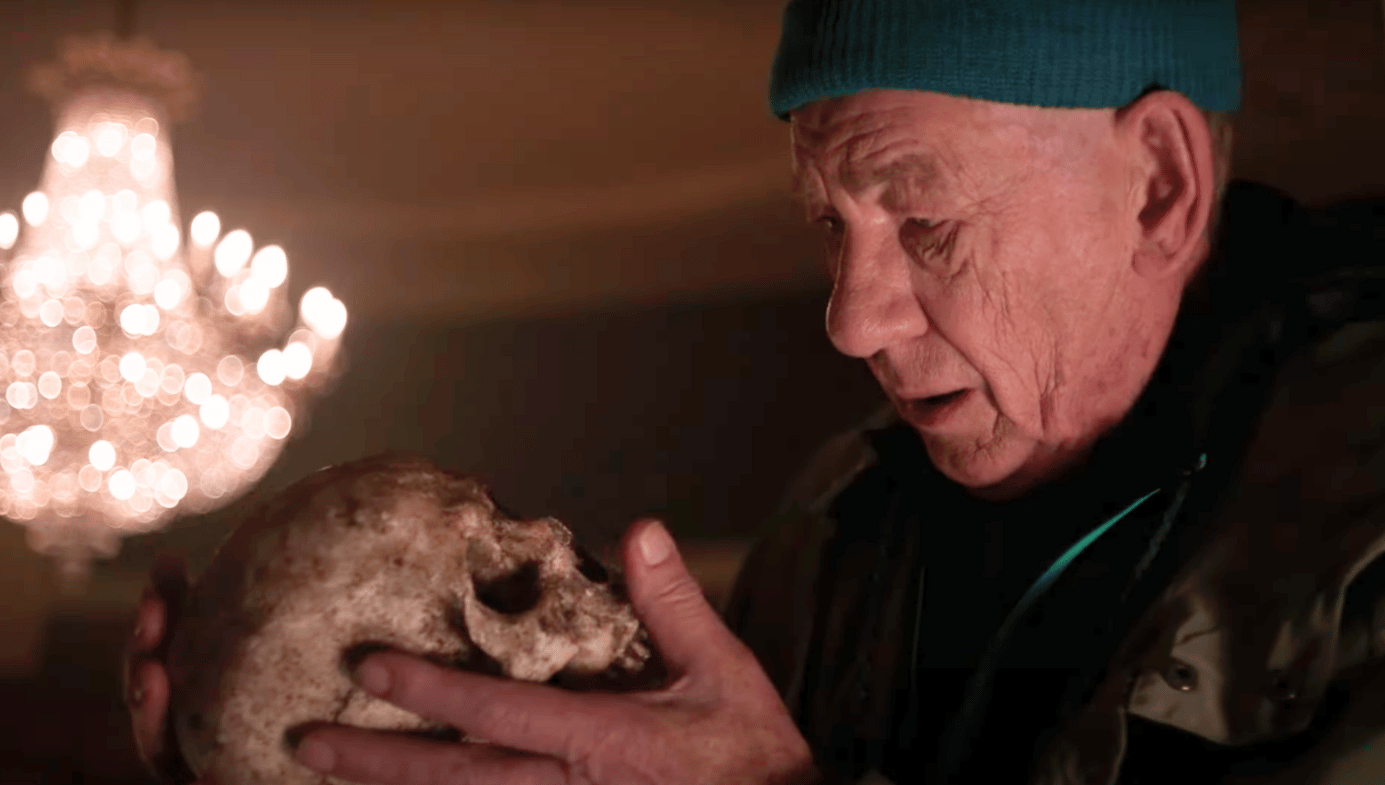Art and Culture
A Love Letter to the Theatre
An interview with Sean Mathias, the director of a daring and original new film adaptation of ‘Hamlet.’
· 12 min read

Keep reading
The Twelve Day War: Truths and Consequences
Adam Garfinkle
· 21 min read
Glamourising Violence at Glastonbury
John Aziz
· 8 min read
From Welfare to Warfare
John Lloyd
· 7 min read
Stealing Australia and Buying New Zealand
Sean Welsh
· 16 min read





